
RV Battery Maintenance Tips: Checking Fluid Levels
Dave SolbergAs with all RV components, to ensure you get the most out of your batteries, you must complete routine maintenance. By checking regularly to see that everything is in proper working order, you extend the lifespan of your RV battery and save money in the long run.
One of the most important RV battery maintenance tips involves checking the fluid levels of each of the batteries on your unit. So in this lesson, we teach you the essential maintenance tips you need to inspect a 12-volt lead acid battery for fluid levels and fill it up if any terminals are running low.
Expert RV battery maintenance tips for optimal lifespan
To help you get the most out of your RV batteries, Dave Solberg walks you through a demonstration on checking RV battery fluid levels. He recommends using these RV battery maintenance tips each time you inspect the batteries on your unit, which should be at least once or twice per month. To begin, Dave shows you how to remove the exhaust covers on your batteries for better access to the terminals. He talks about some of the hazards you might encounter, and explains why you might want to wear safety glasses.
With the covers off, Dave teaches you the tips necessary to gauge the level of acid in each battery. You’ll learn how to use a mirror to check how much fluid is in every terminal, as well as the importance of adding only a certain kind of water. Dave introduces a couple different methods you can utilize to add water and demonstrates the process for both. Remember Dave’s simple RV battery maintenance tips when inspecting and maintaining your unit each month, and you should have no trouble checking and refilling the fluids in your RV batteries!
Share tips, start a discussion or ask one of our experts or other students a question.
Already a member? Sign in
3 Responses to “RV Battery Maintenance Tips: Checking Fluid Levels”
Explore videos by Dave Solberg
You may be interested in
Premium Membership
Unlock exclusive member content from our industry experts.
- 24/7 Access to Premium RV Maintenance Videos, Travel Inspiration, and Lifestyle Tips
- Step-by-Step Instructional Demos, Projects, and Guides
- 50% Off Video Downloads Purchased in the RV Lifestyle & Repair Shop
- Access to Ask the Expert Program
Unlock exclusive member content from our industry experts.
- 24/7 Access to Premium RV Maintenance Videos, Travel Inspiration, and Lifestyle Tips
- Step-by-Step Instructional Demos, Projects, and Guides
- 2 Full-Length Video Downloads to Watch Offline
- 50% Off Video Downloads Purchased in the RV Lifestyle & Repair Shop
- Access to Ask the Expert Program
Gold Membership
$333 Value
Get everything included in Premium plus exclusive Gold Membership benefits.
- 24/7 Access to Premium RV Maintenance Videos, Travel Inspiration, and Lifestyle Tips
- Step-by-Step Instructional Demos, Projects, and Guides
- 9 Full-Length Video Downloads to Watch Offline
- 2 Full-Length RV Repair Classes to Keep for Life
- Discounts on Purchase-to-Own Content in the RV Lifestyle & Repair Shop
- Access to Ask the Expert Program
- Exclusive GOLD LIVE Streaming Events
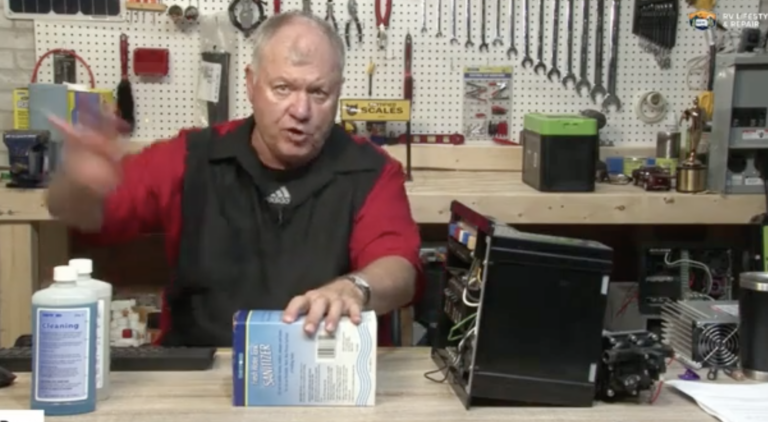
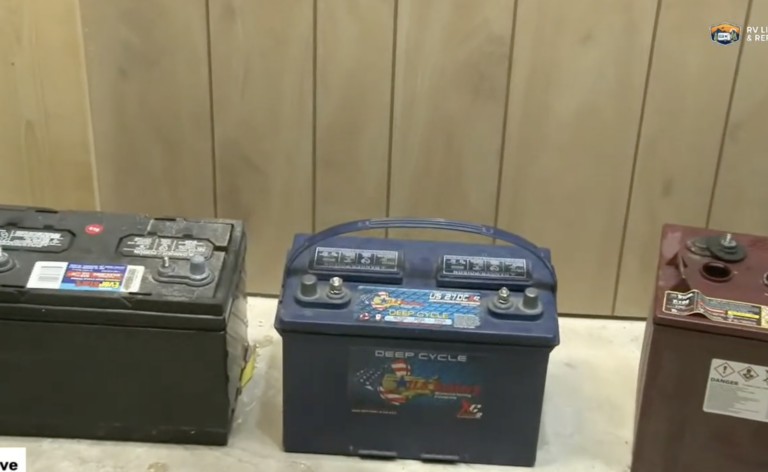
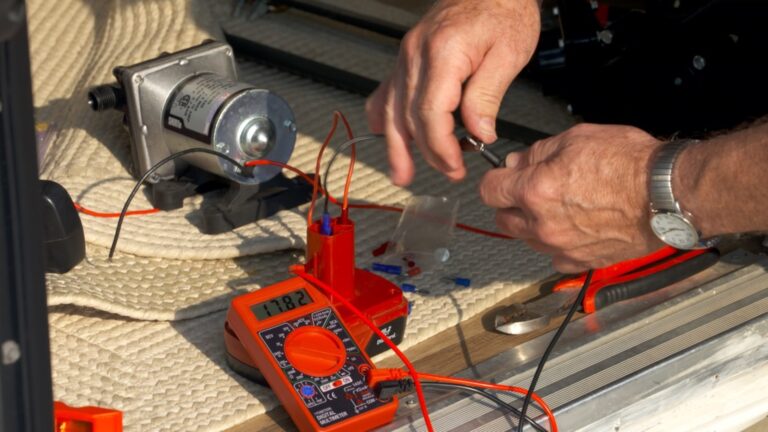
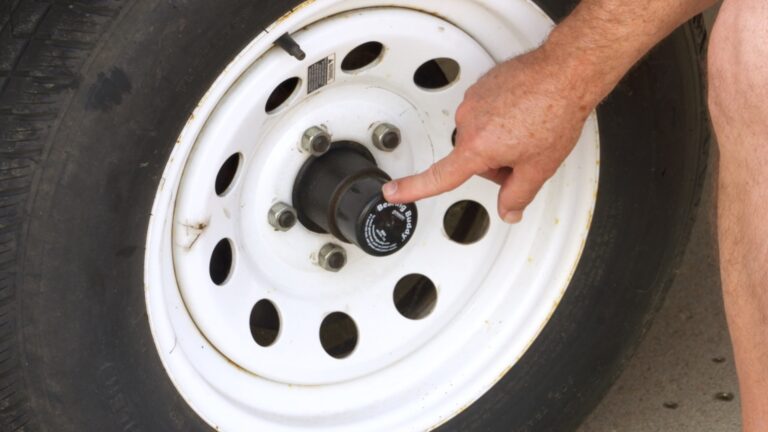
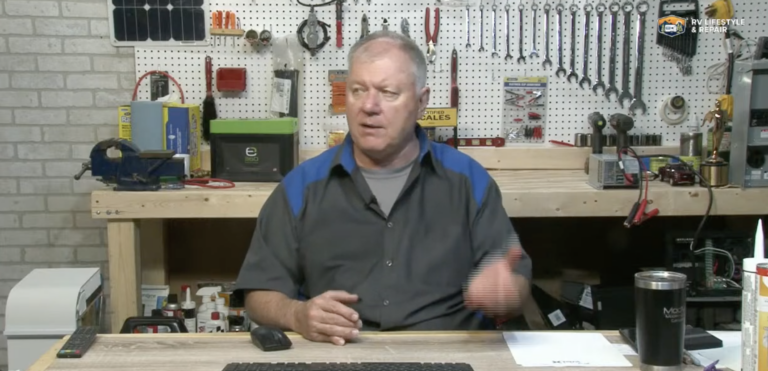
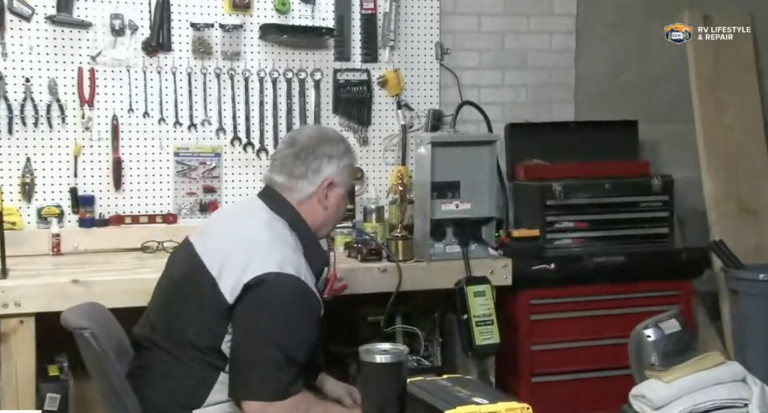
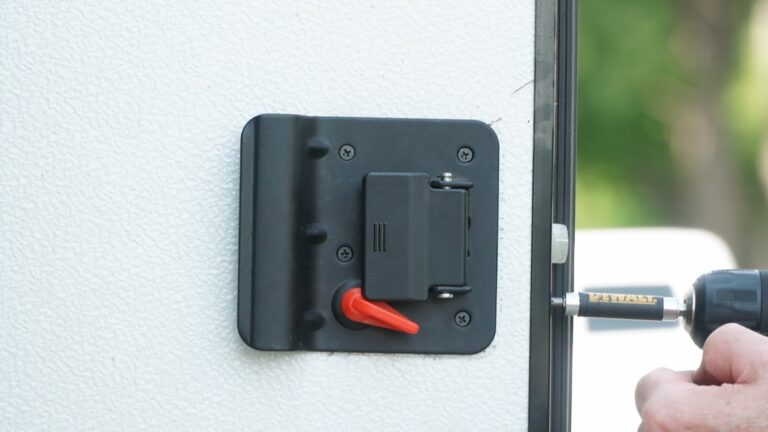
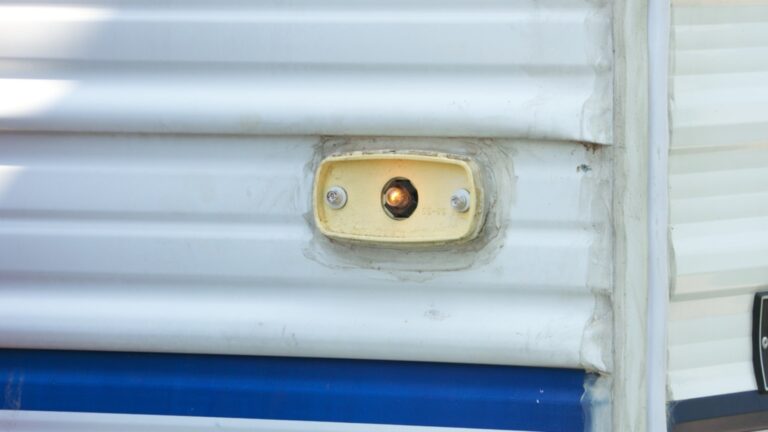
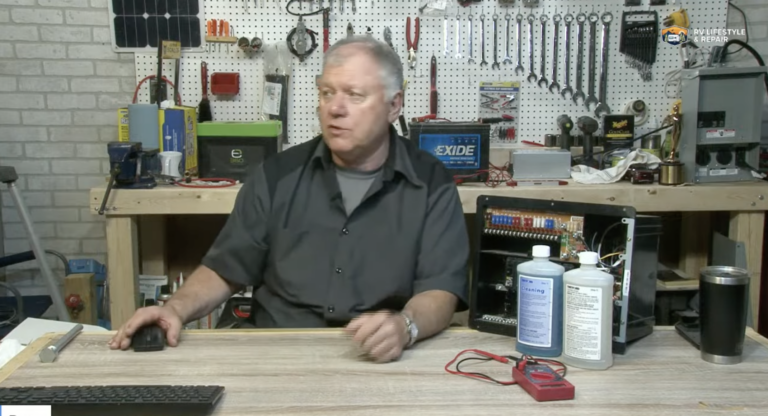
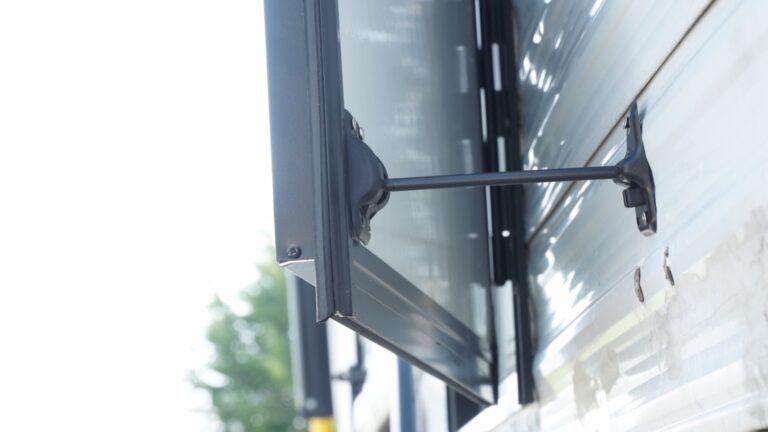
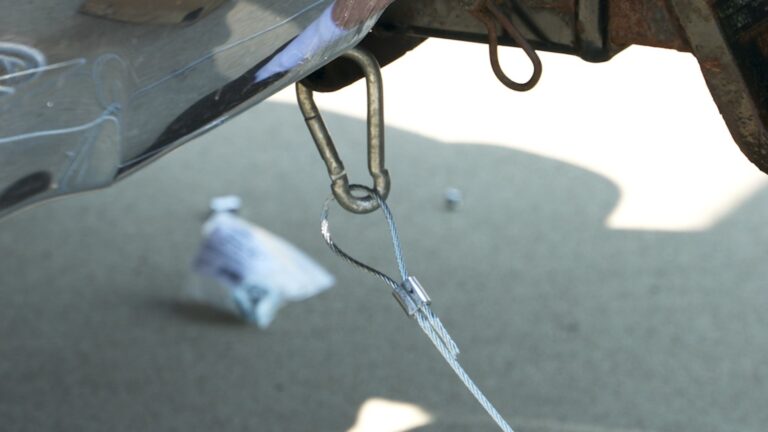
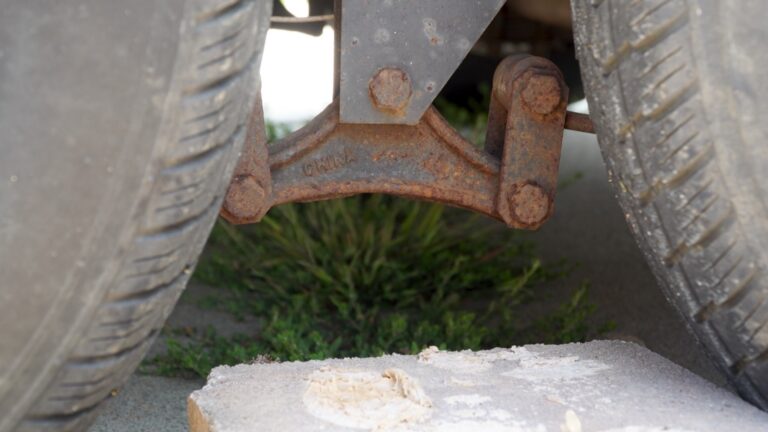
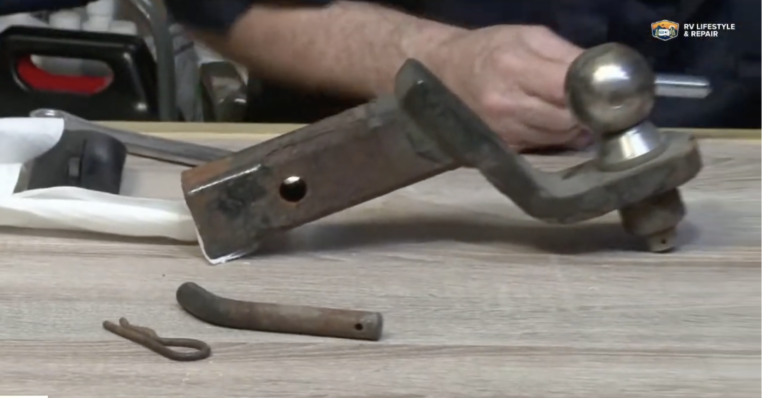
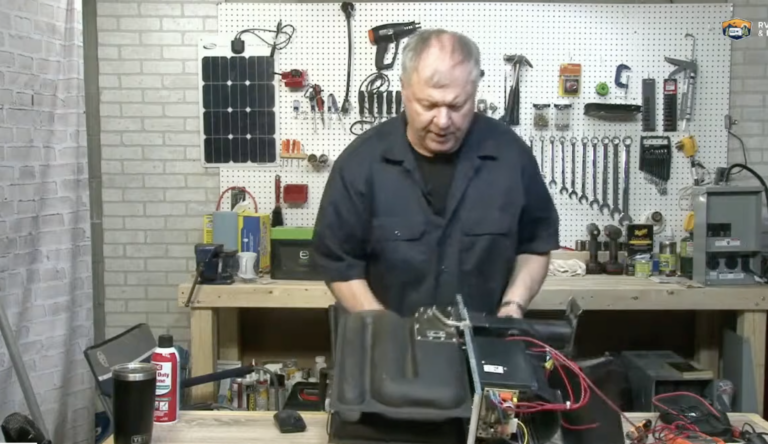
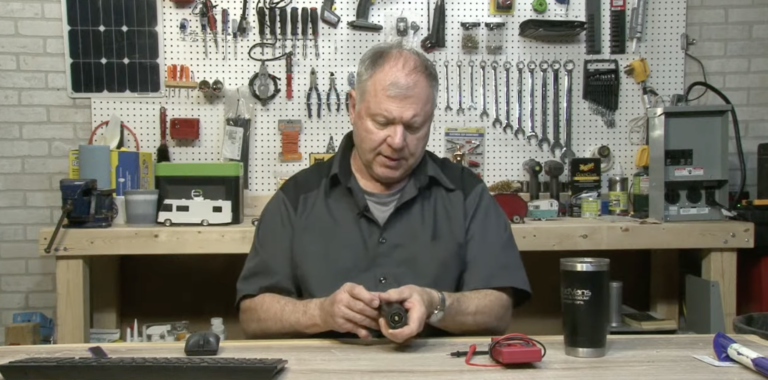
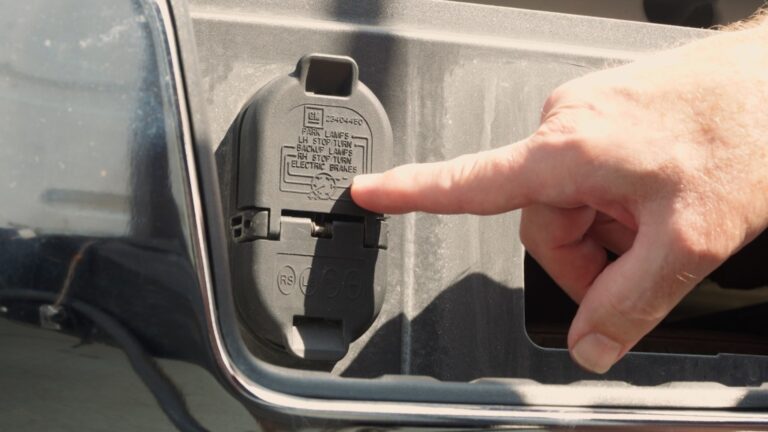
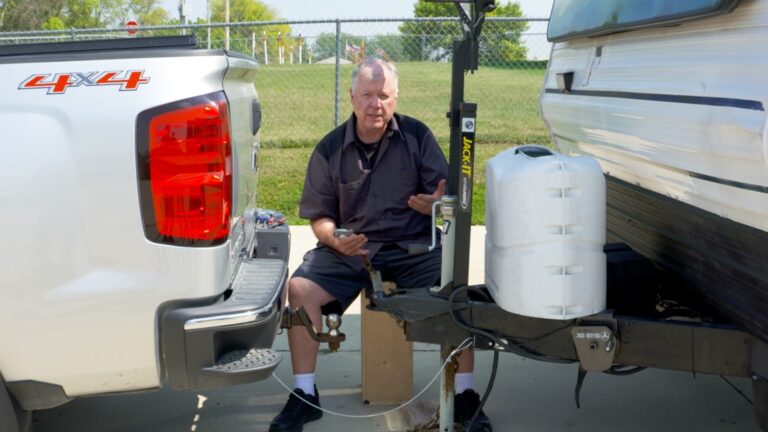
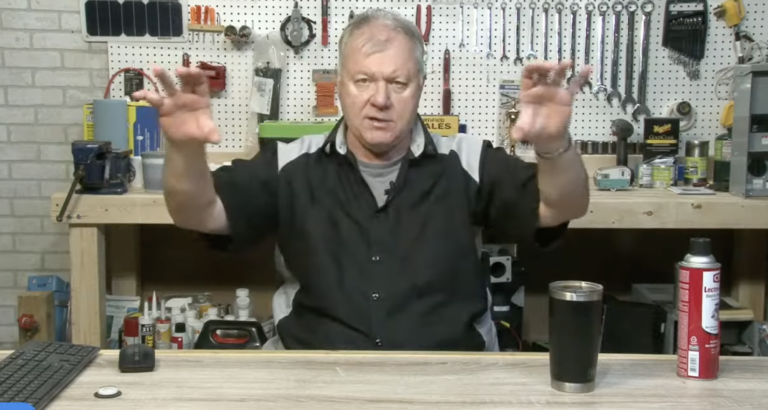
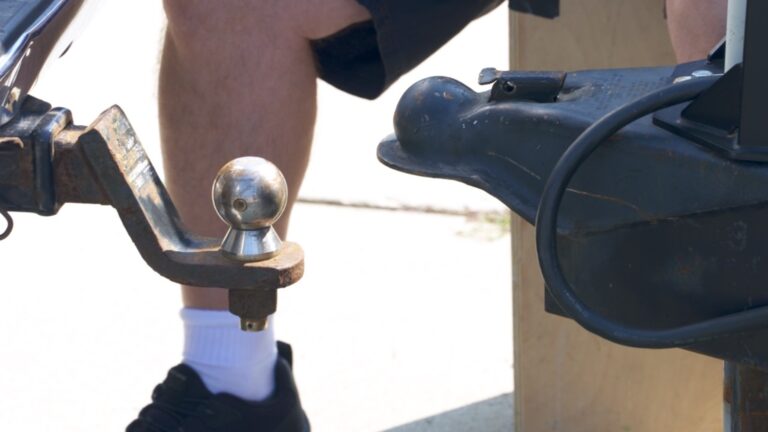
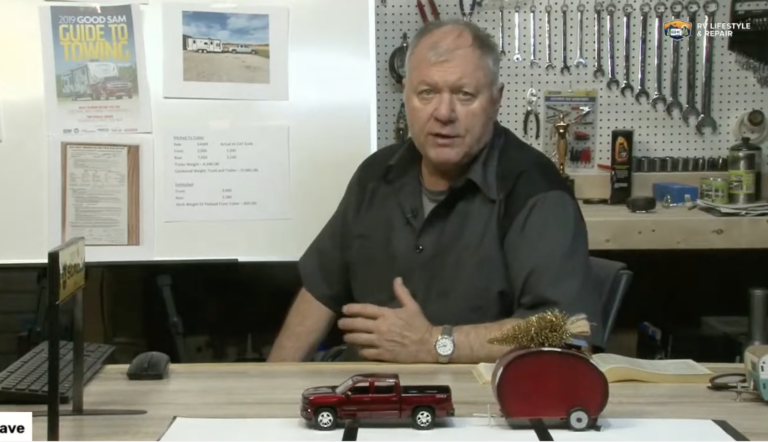
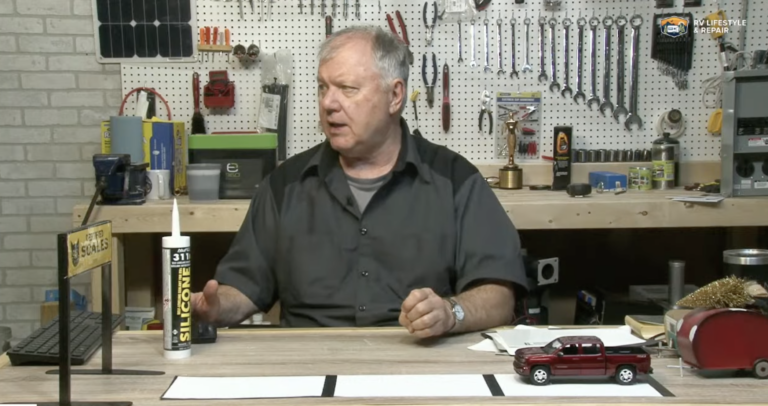
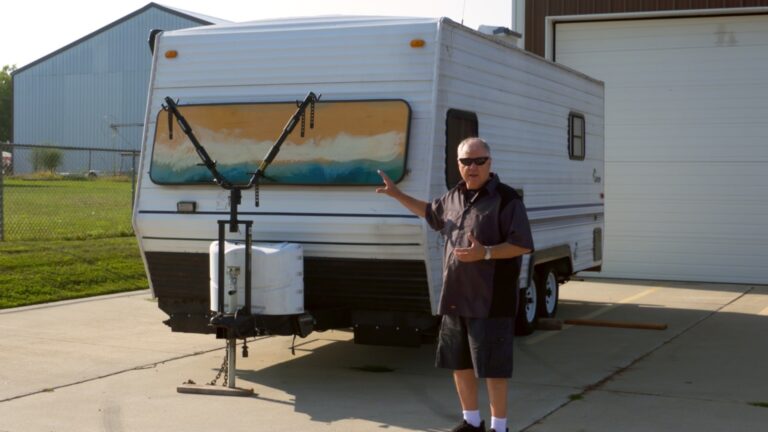
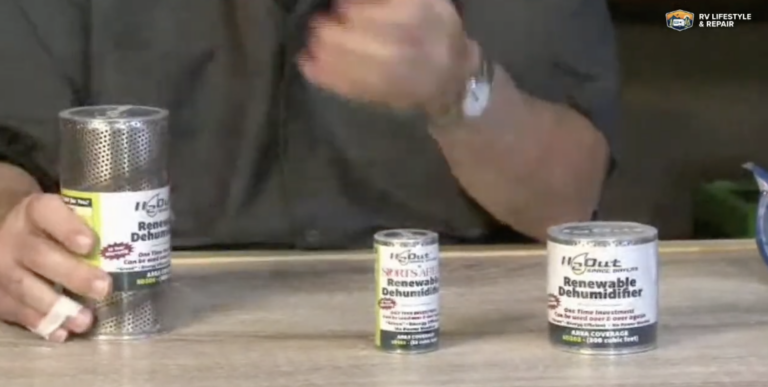
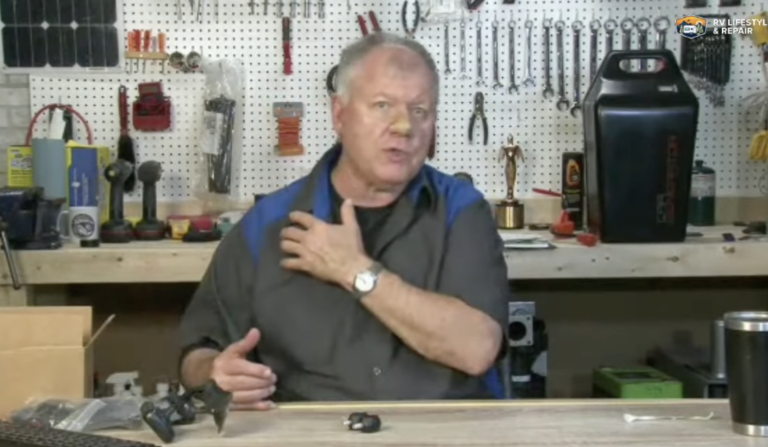
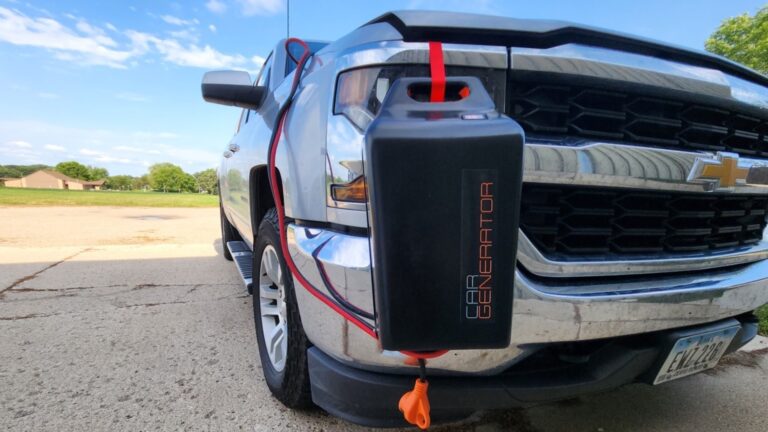

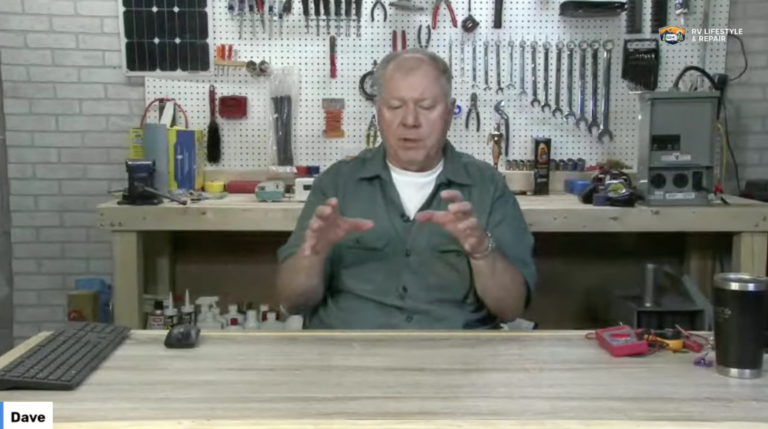
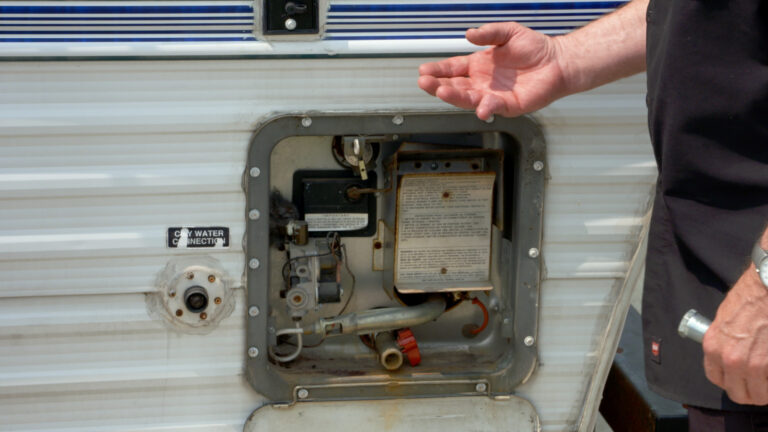
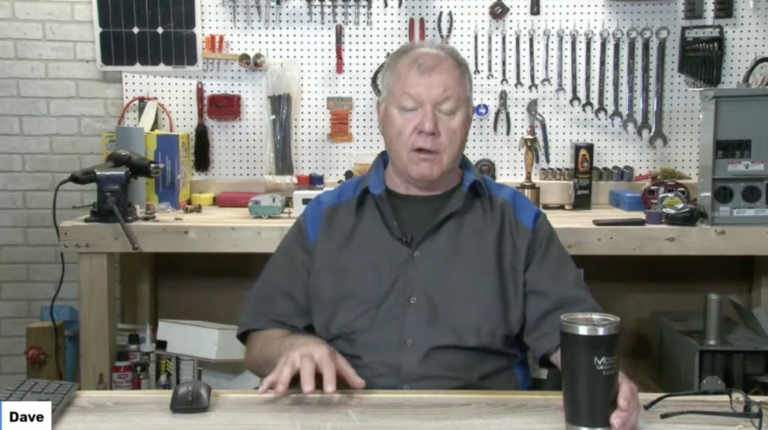
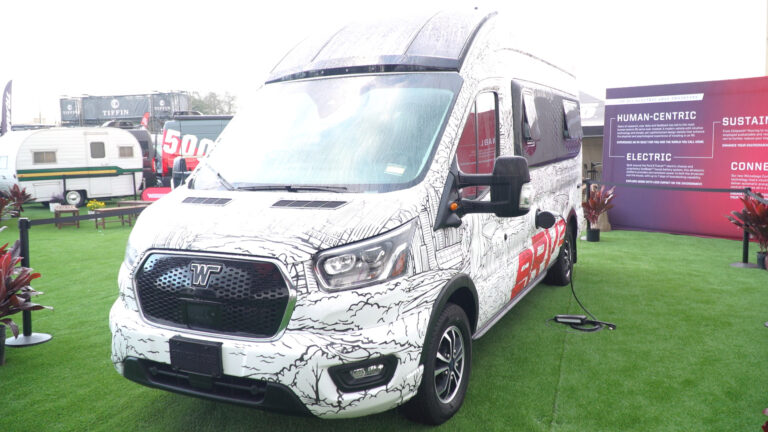
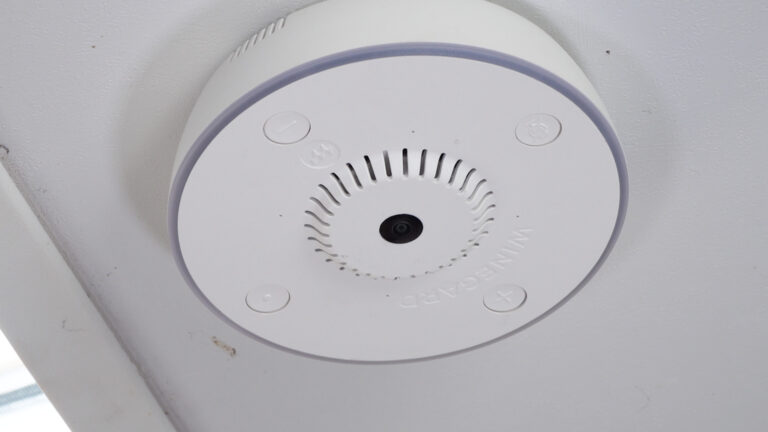
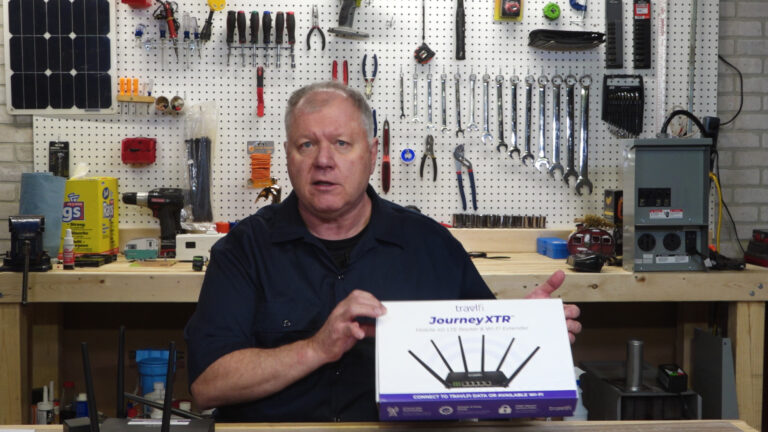
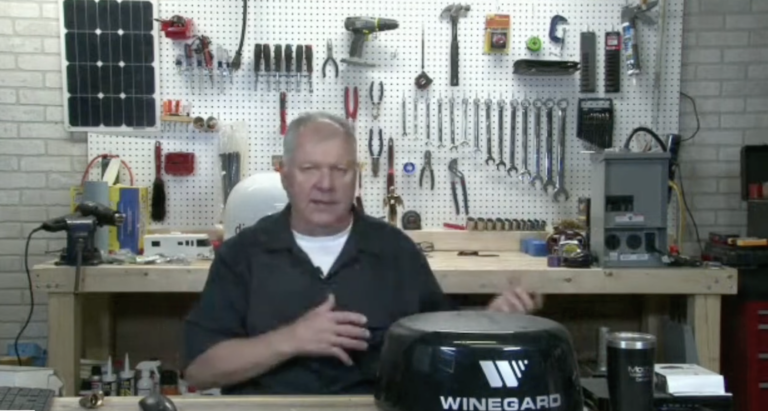
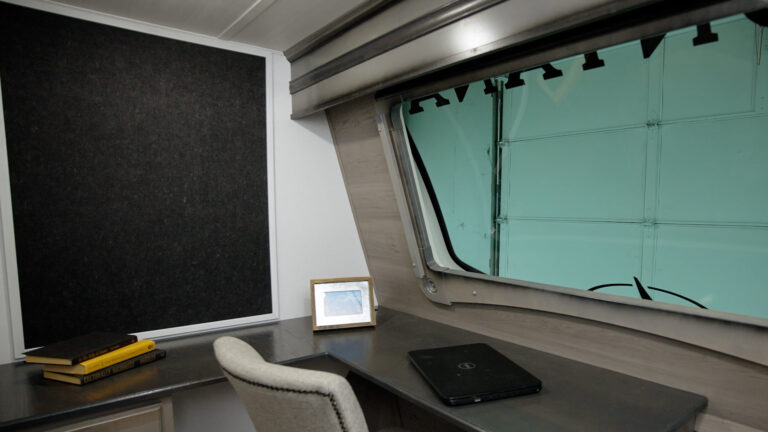

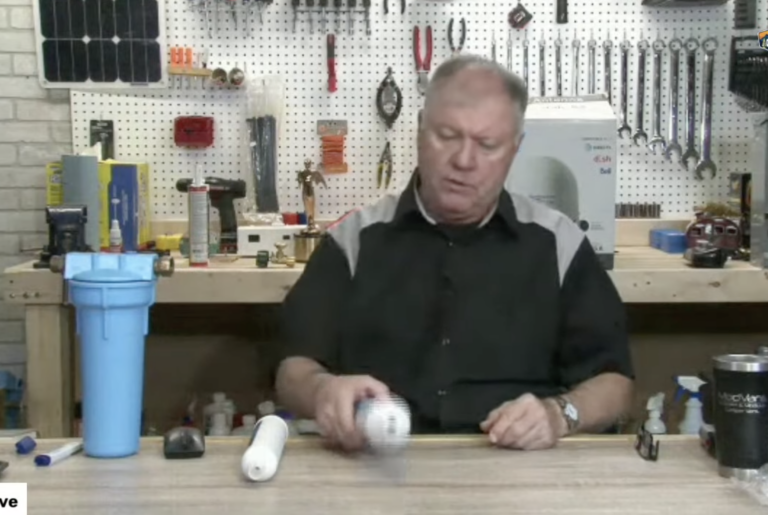

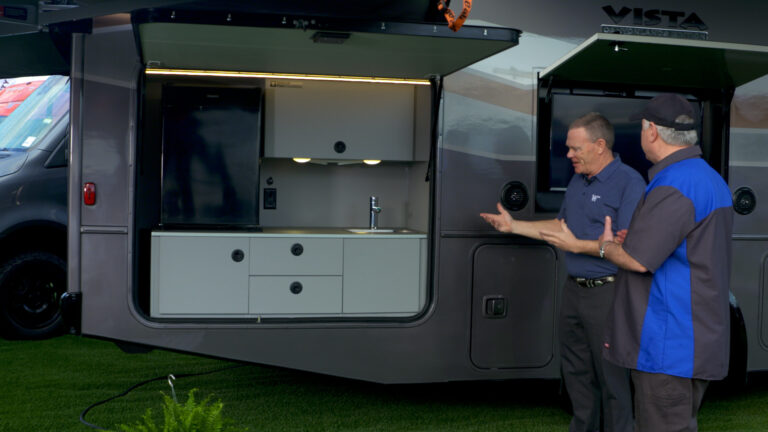


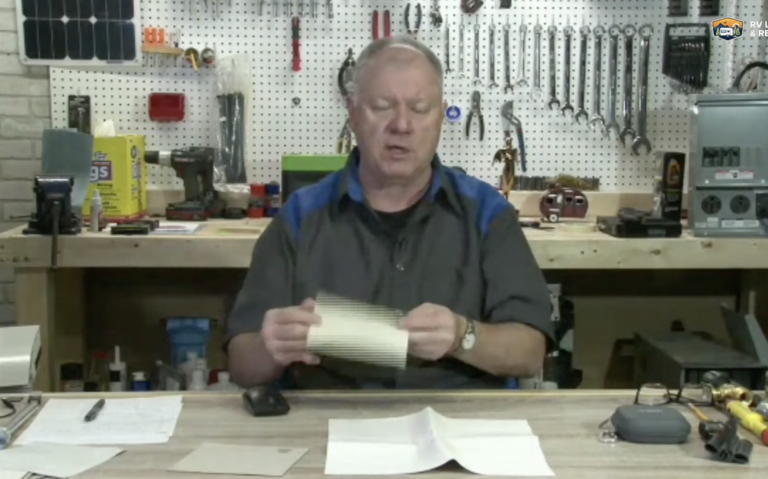
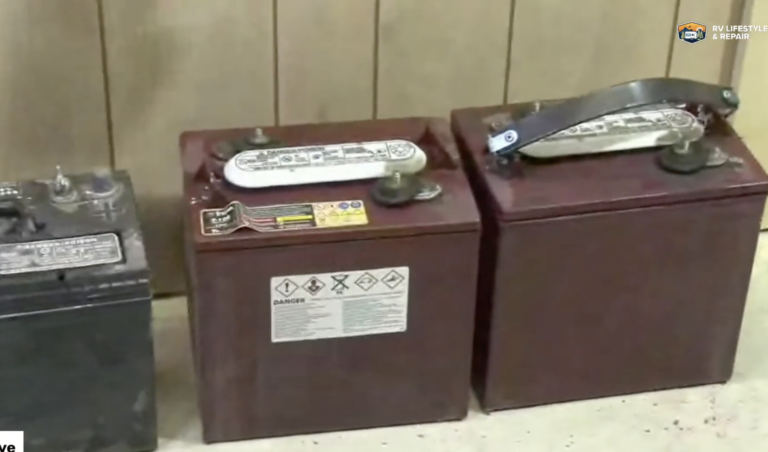
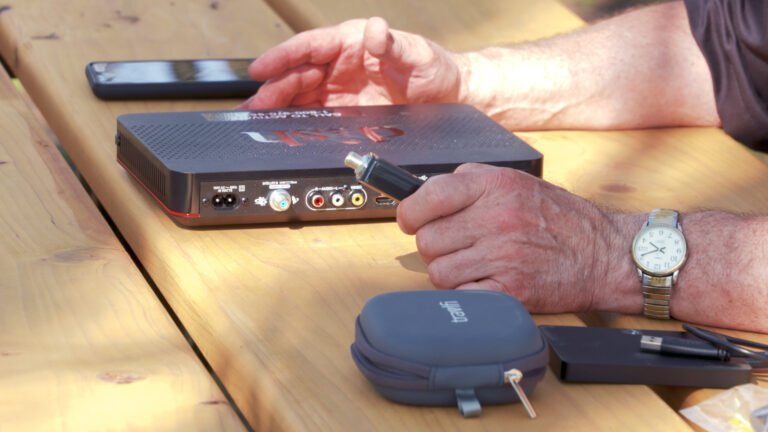
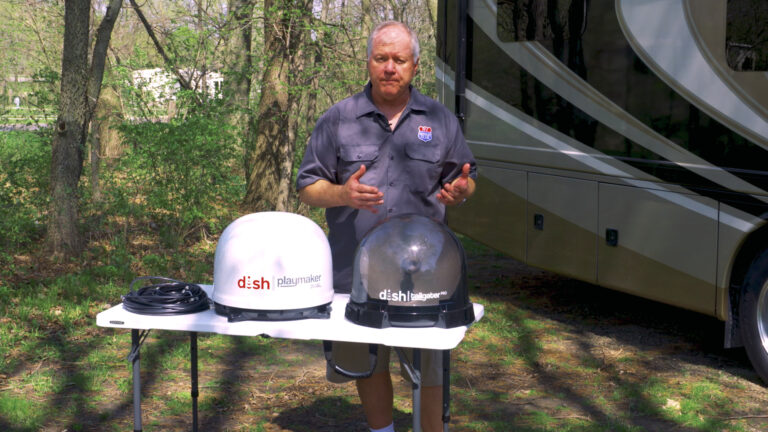
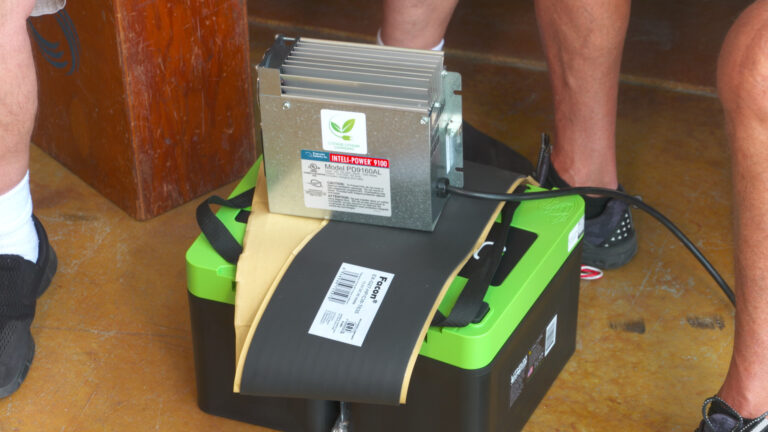
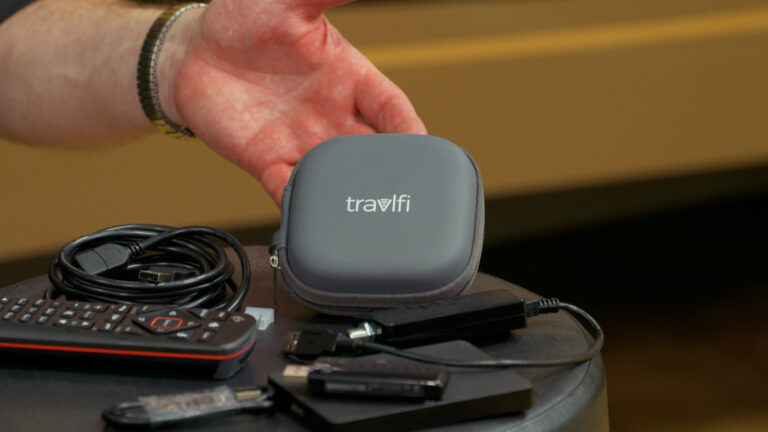

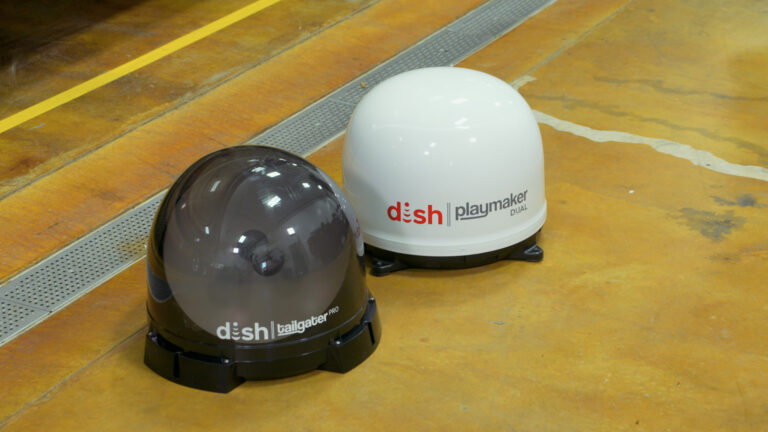
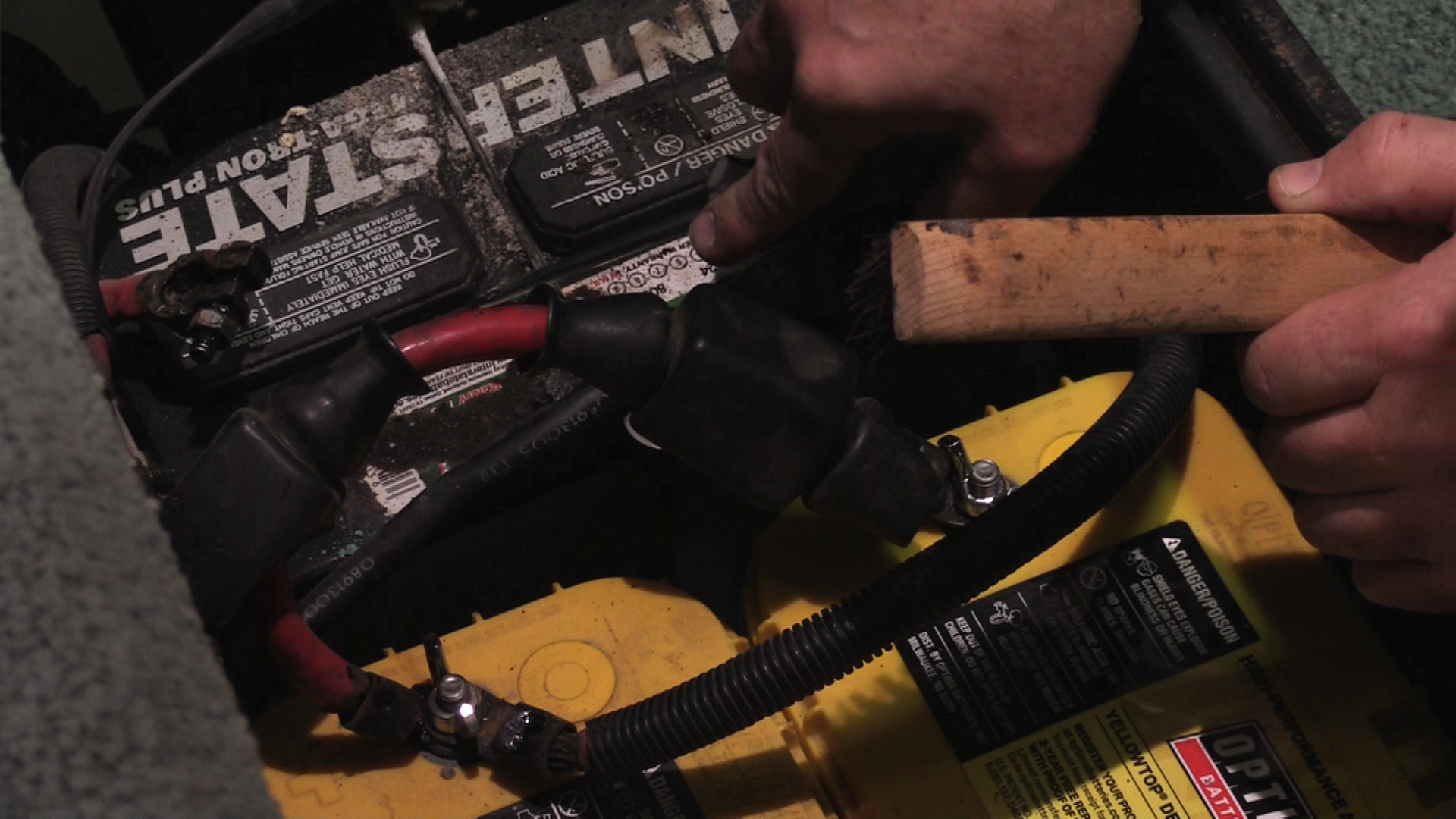
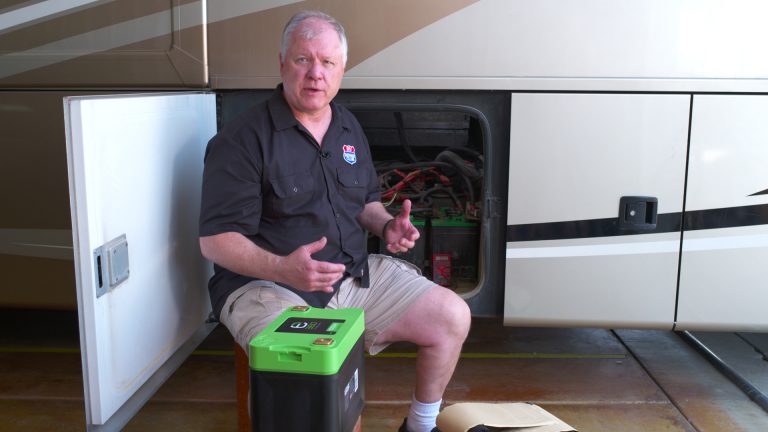


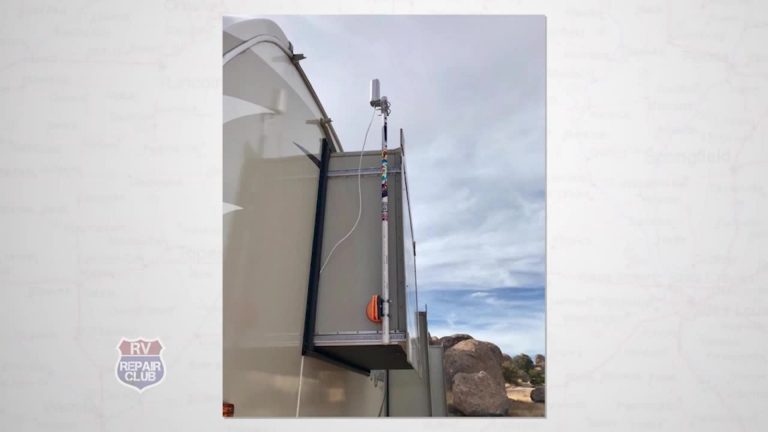
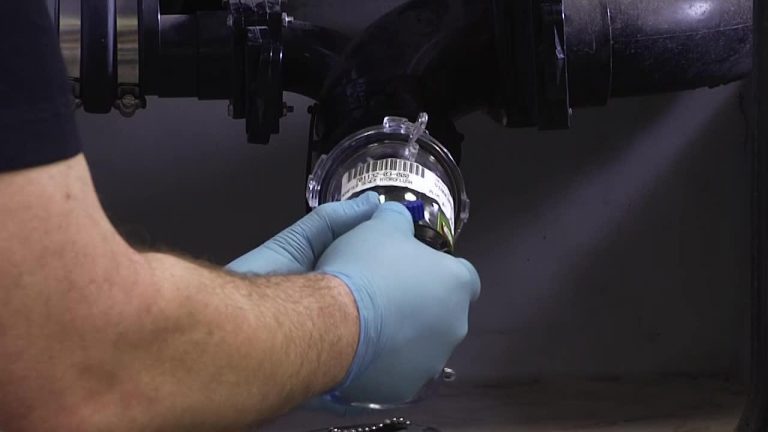
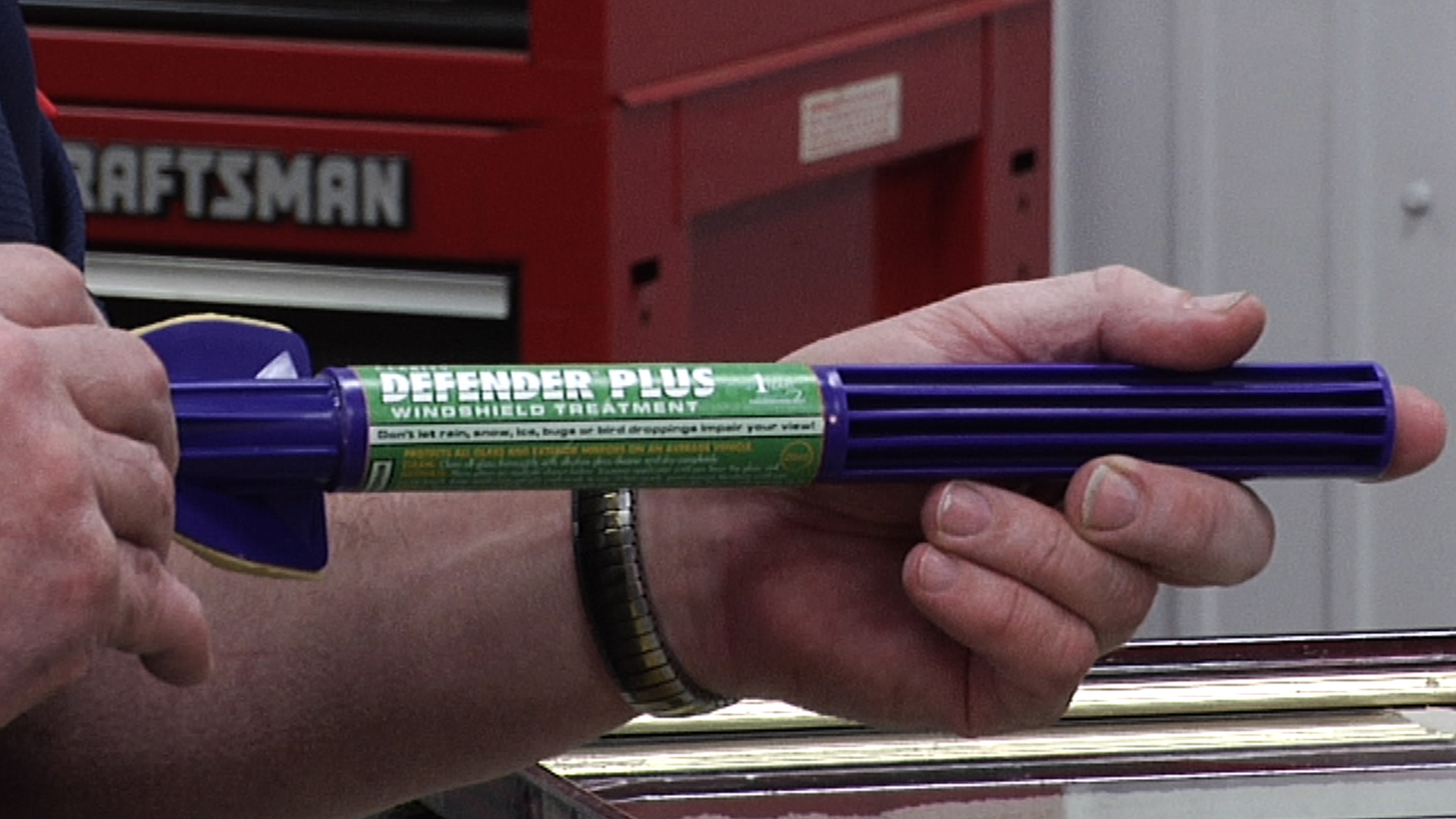

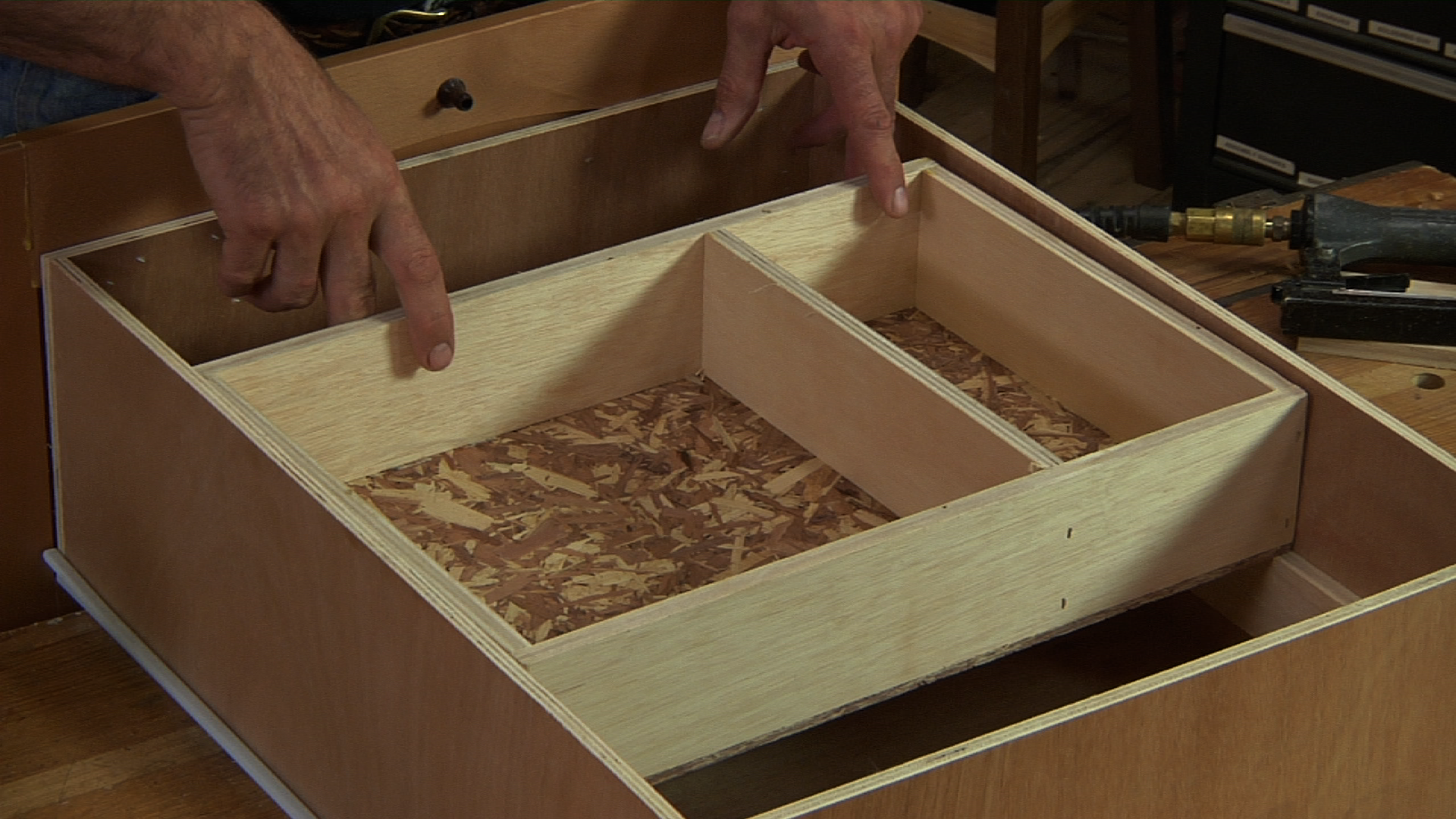
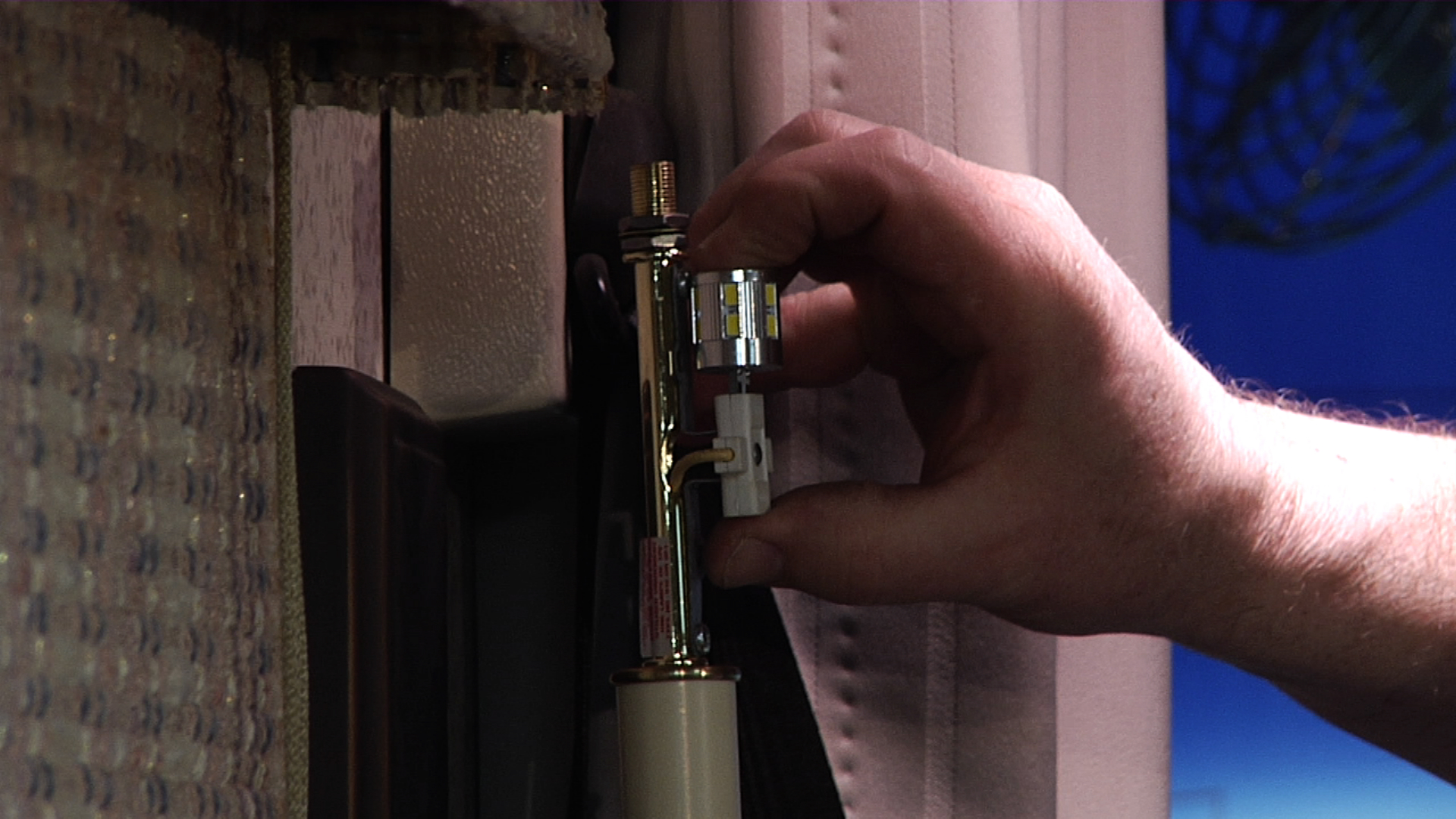
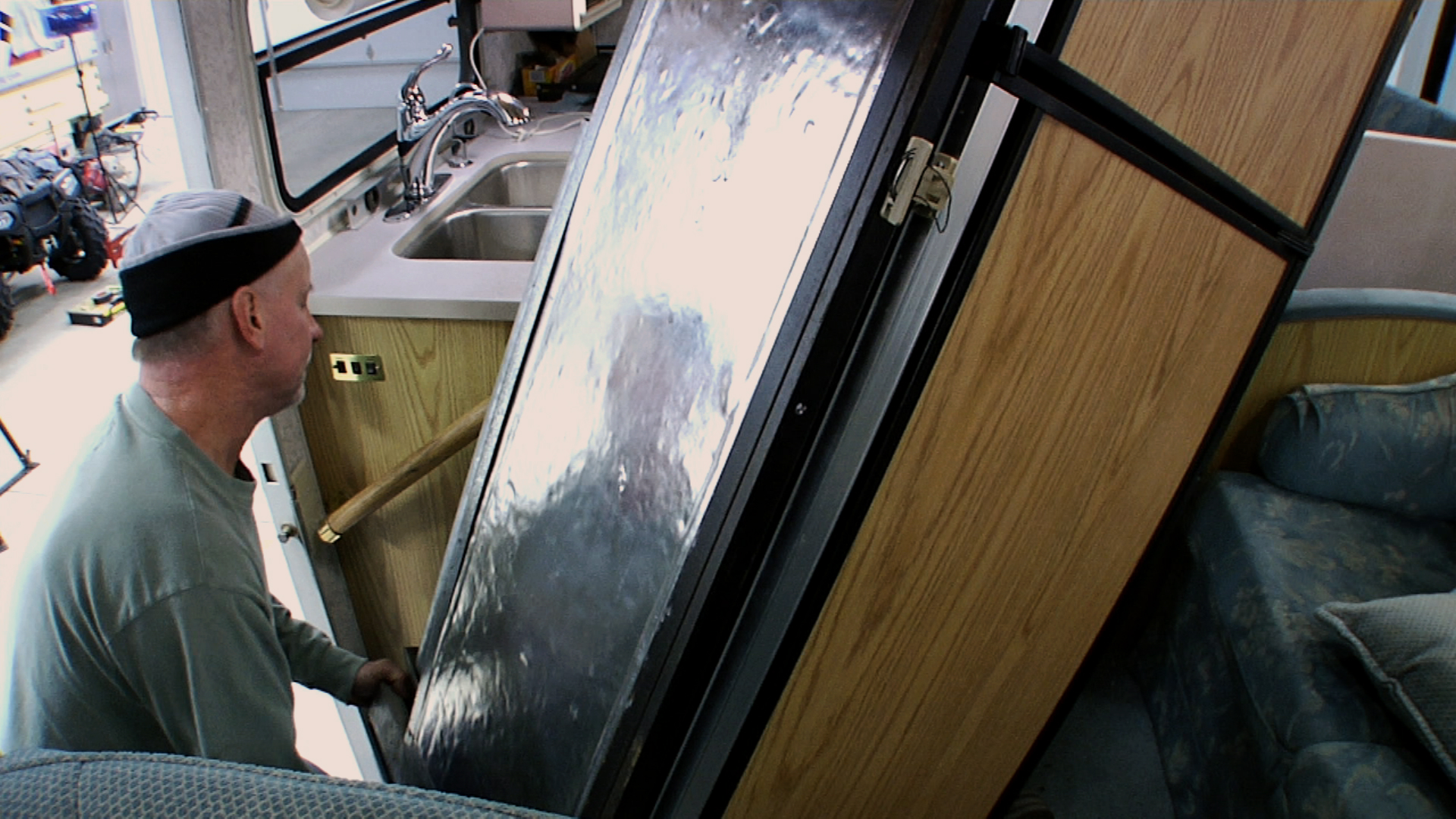
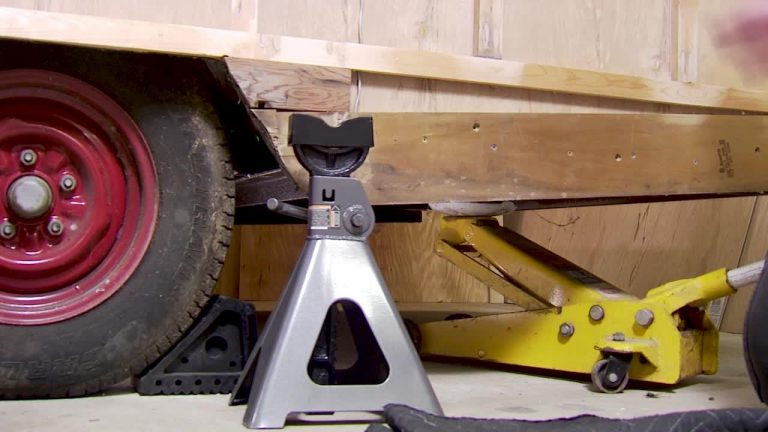



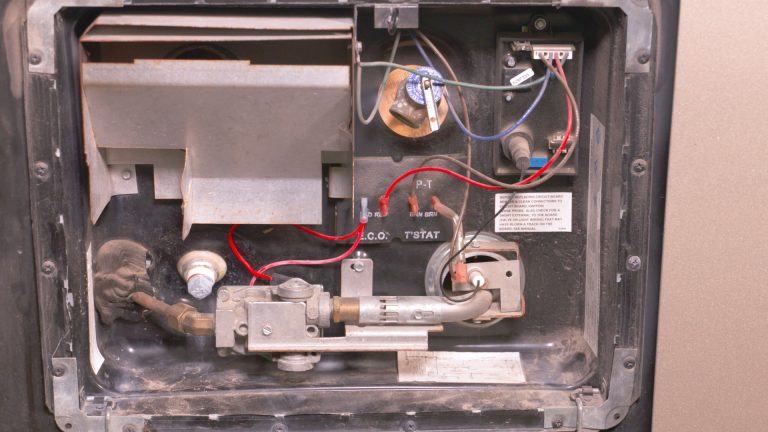
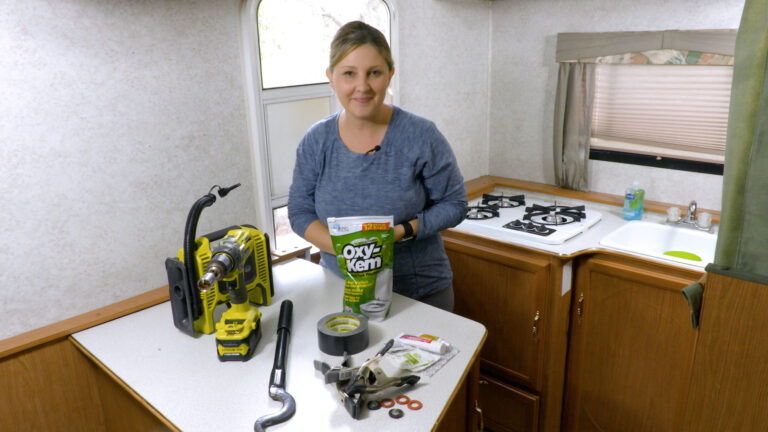

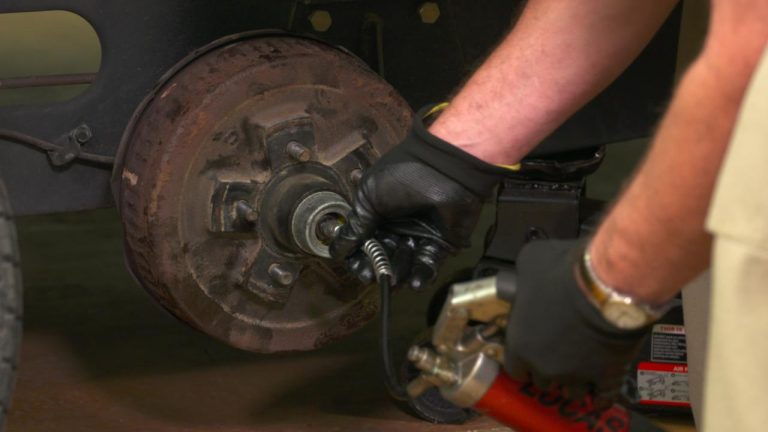

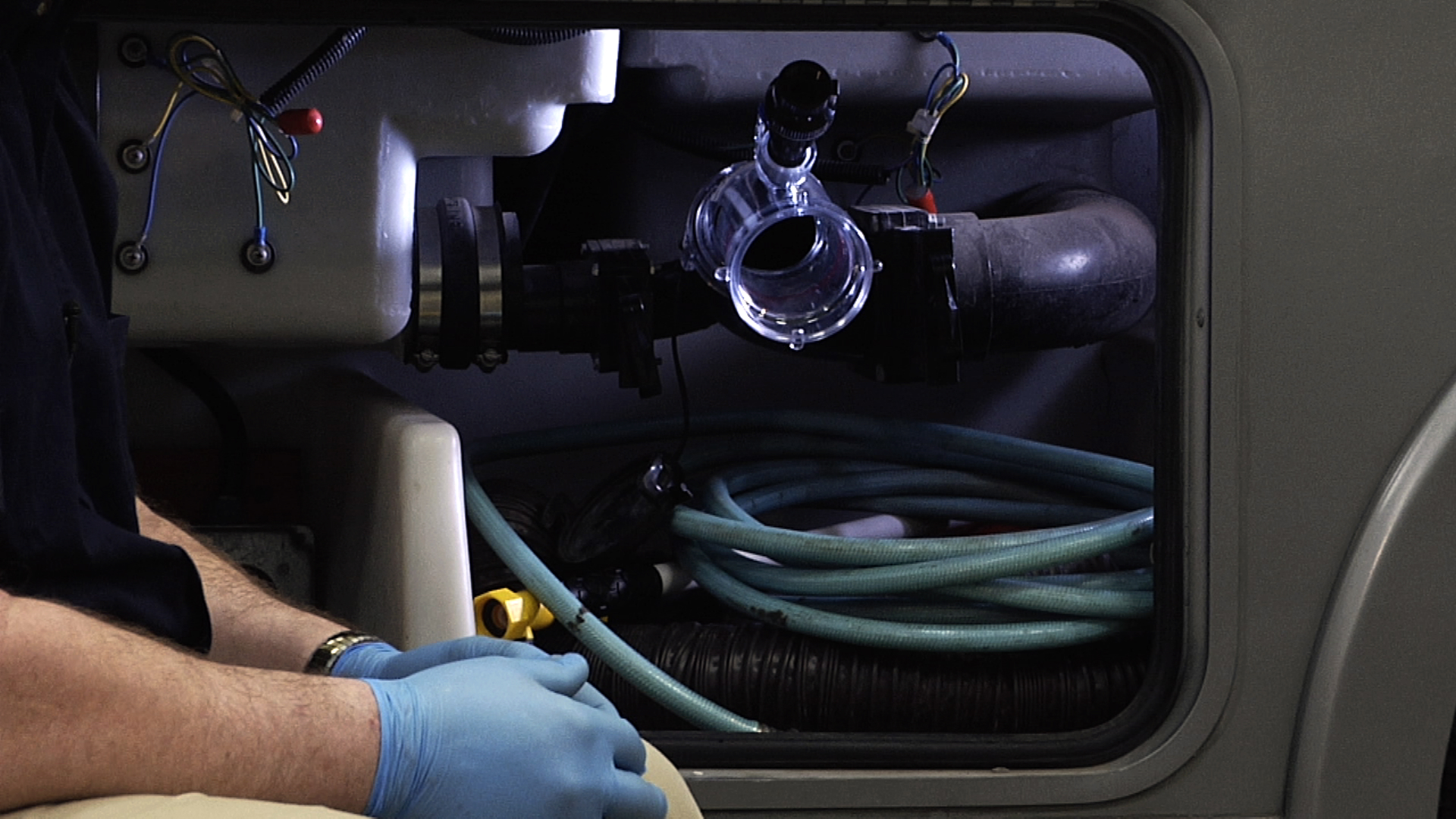
Sorry- but you kinda missed it on this. Why would you need to check your batteries 2 or 3 times a month? If you are going through that much water then there is a problem with your charger and it needs to be updated to one of the newer smart chargers. You neglected to talk about the importance of keeping the battery charged (charging it every couple of months) in the winter to keep it from sulfating and loosing capacity. A charged battery will not freeze but a partially discharged battery will and it when it freezes it damages the internal plates causing you to have to replace the batteries that next year. You also forgot to talk about disconnecting the battery from the parasitic draws over the winter like the co and propane detectors or any other electronics that draws a little bit of current and will run your batteries down over a couple of months. Also please take off metal ring and watches when working around batteries.
hello, during the winter months I turn off the disconnect off to the battery on our 5th wheel and hook up a battery tender, is this a god idea or not? I have heard both ways.
Im so confused. I live in travel trailer full time. Plugged into 30amp #ull time. Is my battery suppose to b on or off? Onnthe few occasions i lost power my battery lasted about 10min with minimal lights ect. It was a bran new battery. Last year.